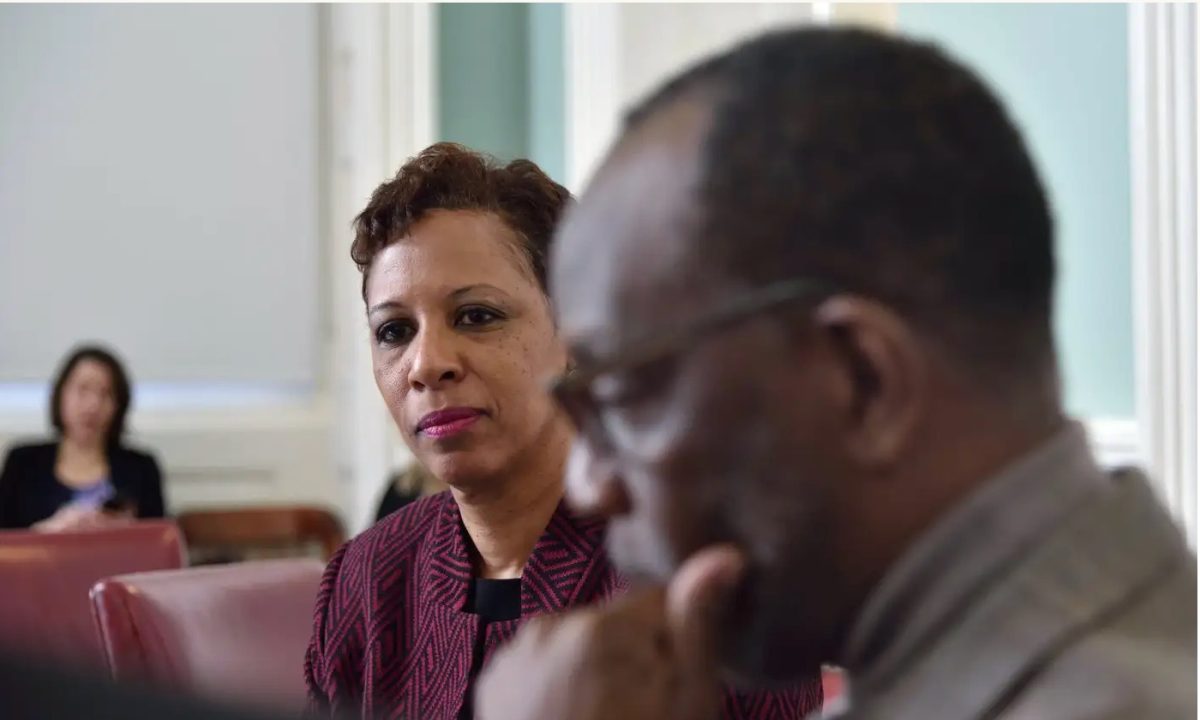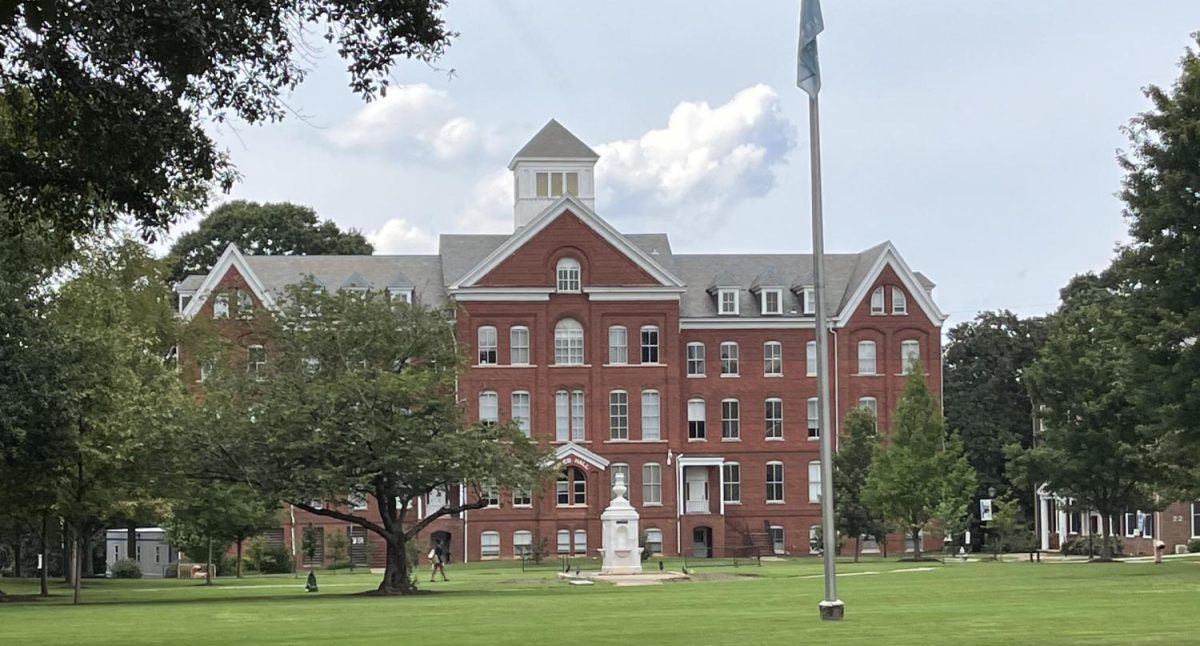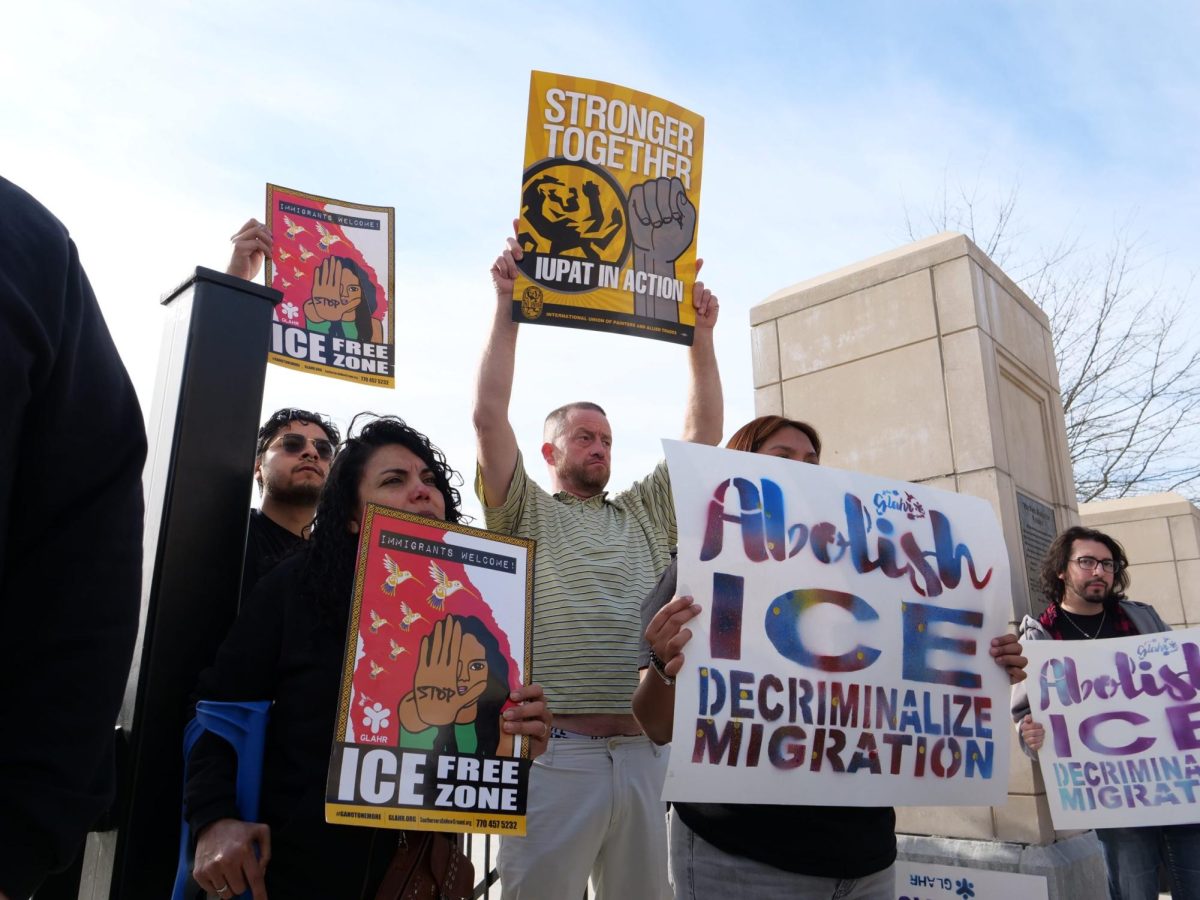As the 2024 presidential race remains a close one, with Kamala Harris and Donald Trump polling at 48% among likely voters (Quinnipiac University, 2024), political discourse is heating up around key policy proposals that may dictate the future of the American people. In an era marked by political uncertainty and shifting power dynamics, “Agenda 47”—widely known as Project 2025—has become a lightning rod in American politics. An ideology closely associated with former president Donald Trump’s 2024 campaign, Project 2025 promises drastic healthcare, reproductive rights, and education reforms. This article will delve into what Project 2025 entails, whether it could possibly be something we should brace ourselves to prepare for, and, probably most importantly, how it could impact Black women—specifically concerning their healthcare, rights, and community well-being (Quinnipiac University, 2024).
What Is Agenda 47 and Is It Real?
Agenda 47, also known as Project 2025, aims to reduce bureaucracy, strengthen executive power, and reverse Democratic administration policies. This conservative campaign, backed by the Heritage Foundation, comprises a 920-page manual stating policy changes. The effort seeks to rewrite America’s healthcare, civil, and reproductive rights advances: all setbacks that might negatively impact Black women.
Project 2025 is very real, as prominent conservative leaders and organizations have publicly endorsed it. Whether it becomes a reality depends mainly on the results of the 2024 presidential election and whether Donald Trump is re-elected. These changes include restrictions on reproductive care, such as family planning, such as the right to choose and IVF treatment, and policies that might further limit access to affordable healthcare services.
Moreover, the proposed changes could lead to more aggressive policing and tougher judicial policies, which would likely worsen the already disproportionate impact of the criminal justice system on Black women and their people. Given the historical context, where systemic biases have led to harsher treatment of Black individuals by law enforcement and the courts, Project 2025’s emphasis on expanding “law-and-order” measures may lead to increased racial profiling and reduced protections for civil rights, further marginalizing Black women and their communities. Black women, who are already disproportionately impacted by over-policing and systemic inequities in the legal system, could face heightened challenges under a more centralized executive authority and stricter law enforcement policies that echo a “tough on crime” stance (Smith, 2024). These harsh changes threaten to worsen the everyday lives of Black women, potentially amplifying existing inequities.
How Project 2025 Could Impact Reproductive Rights
A significant concern with Project 2025 is its potential to limit reproductive rights. While it does not explicitly propose a nationwide abortion ban, it does call for significant restrictions on access to contraceptives and abortion services. According to a PBS report, Project 2025 urges the Department of Health and Human Services (HHS) to reject abortion as a form of healthcare and impose stricter regulations on Mifepristone, a medication used in about 60% of U.S. abortions. These include shortening the timeframe within the very beginning of the pregnancy for using the drug and requiring in-person consultations, making access harder, especially for women in underserved areas (PBS, 2024).
These restrictions could disproportionately harm Black women, who have historically faced challenges in accessing adequate healthcare, including reproductive services. The CDC reports that Black women are three to four times more likely to die from pregnancy-related complications than white women (Centers for Disease Control and Prevention, 2023). Limiting access to abortion, family planning, and treatments like IVF could worsen these disparities, forcing Black women to carry high-risk pregnancies to term. For young Black women at Spelman College, these rollbacks on reproductive rights represent a direct threat to their autonomy, career aspirations, and control over their future (CDC, 2023).
Healthcare Access Under Attack
A major concern for Black women is the potential repeal of the Affordable Care Act (ACA) under Project 2025. The ACA has been vital in providing access to contraceptives and essential healthcare. According to Planned Parenthood, it has helped over 62 million women get birth control without extra costs, which has reduced unplanned pregnancies and allowed women to control their reproductive choices better.
Project 2025 seeks to limit free coverage for certain contraceptives, especially emergency options like Ella, which is effective up to five days after unprotected sex. This change could hit young women hard, particularly Black women, who often face financial challenges in accessing healthcare. Previous attempts by the Trump administration to dismantle parts of the ACA suggest that Project 2025 could pose serious risks to healthcare services that are crucial for Black women and their families. The overturning of Roe v. Wade has intensified these attacks on Black women’s rights, illustrating how their voices and contributions to society are often unappreciated and overlooked. Despite their vital roles in shaping culture and community, Black women are frequently discredited.
The Broader Impact on Black Communities
Agenda 47 could significantly impact Black communities, especially with its push to cut federal funding for states that don’t report complete abortion data to the CDC. This could leave states with large Black populations—like Georgia—without vital healthcare resources, further deepening existing healthcare disparities.
Additionally, Project 2025 aims to limit Medicaid funding to abortion clinics, including Planned Parenthood, which serve as primary care providers for many women in underserved areas. These clinics offer essential services such as cancer screenings, STI testing, and routine health check-ups. Losing access to these services could worsen health outcomes in Black communities, particularly in low-income regions.
A tragic example of these consequences is the story of Amber Thurman, a young Black woman from Georgia who died because of the state’s restrictive abortion laws. Her story highlights the real dangers of these policies and emphasizes the urgent need for access to reproductive healthcare. For students at Spelman College, this is not just a political issue; it’s a matter of life and death, affecting their health and futures (CNN, 2023; Planned Parenthood, 2023; Smith et al., 2024).
Dr. Shantesica Gilliam is an Assistant Professor in the Environmental Health Science System Department at Spelman College. She cares a lot about the health of mothers and children, especially the Public Health disparities among Black women compared to their European American counterparts. Her research delves into important topics like sexual abuse, violence, postpartum depression, and maternal stress. She is also a trained doula. Gilliam emphasizes preparing students to help their communities, especially maternal health. However, she worried that Project 2025 might worsen health disparities among Black women. “Health disparities will pretty much heat up in all different areas… stemming from systemic sexism and racism, (Gilliam)” she added, emphasizing that Project 2025 would impact social determinants of health like quality healthcare, economic stability, and education.
Black Women’s Futures: What’s at Stake?
If Project 2025, is put into action, it would be a major setback for Black women in the fight for gender and racial equality. Specifically looking at Spelman College students, who often lead social justice movements, the enactment of the agenda would cause them to face policies that undermine their rights to healthcare, education, and economic opportunities.
The ability to control one’s body is essential for pursuing education, achieving career goals, and gaining financial independence. With Project 2025, Black women could face limited access to healthcare and reproductive options, impacting their ability to plan for their futures.
Gilliam believes Project 2025 would limit access to comprehensive healthcare, particularly reproductive health education, by cutting financing to Planned Parenthood. “Without proper knowledge of their bodies, women won’t be able to advocate for themselves, (Gilliam)” stated. Reduced healthcare access and reproductive rights stigma could worsen maternal health inequalities among Black women.
Understanding how Project 25 could reshape American healthcare and reproductive rights is crucial. For Spelman students, staying informed and ready to fight for their rights is essential. The stakes are high, as this proposal could severely restrict the ability of Black women to make choices about their bodies and futures. The struggle for our rights and communities continues, and we must demand that politicians stop interfering with our personal healthcare decisions (American Civil Liberties Union, 2023; Planned Parenthood, 2023; Smith et al., 2024).






























